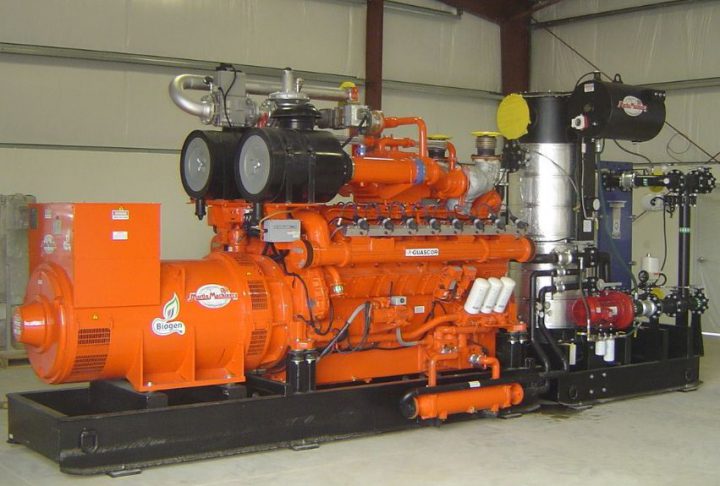
 A rationale for Revenue Based Investing
A rationale for Revenue Based Investing
by David Bangs, guest contributor and impact Angel investor
For many years I have been doing carefully considered angel investments in companies I find interesting. Some of the invested companies have failed while others are thriving. However, none of these companies have been sold or gone public, producing the desired return on investment.
I am not alone in having this problem, especially among the realm of “Impact Investors” who pick investments with an eye toward promoting social and environmental progress.
As a member of Element 8, formerly Northwest Energy Angels, I’ve noticed a remarkable lack of exits. While almost all of the 41 companies listed on the group’s portfolio page are succeeding if not thriving, only one or two of them have produced “exits” with significant returns to investors.
Basil Peters points out in his book Early Exits that the time from investment to successful exit has significantly increased over the years. While many angel investors expect companies to exit within 3 – 5 years, a more realistic expectation these days may be 10 – 15 years, due to a number of factors. For example, new accounting and reporting requirements make IPOs by smaller companies unaffordable. And if a company ends up taking Venture Capital investment a few years after angels invest, the ultimate exit is bound to be delayed as the VC investors seek to achieve their own 10x returns over a 10-year fund life.
This situation may be fine for patient investors. Element 8 members have been investing in early stage companies for eight years and the vast majority of investments were made within the last 5 years. In the long run, these investments will no doubt be both profitable and impactful.
However, no angel Investors can afford to invest their entire net worth in illiquid and risky startups. If they are wise, they set a firm budget. It doesn’t take many years for most angel investors to reach their budget ceiling, which forces them to stop investing in early stage companies. When this happens, they say they are out of “dry powder.”
The loss of experienced investors as they hit their budget limits is hard on angel groups and reduces funding opportunities for the next generation of entrepreneurs. Most angel investors find the process of helping companies get started rewarding and enjoyable and would prefer to keep going.
Moreover, if new angel investors just entering the field talk with experienced investors who feel defeated by a lack of exits, they may be discouraged from ever investing in the first place.
About two years ago, I myself was thinking about dropping out and finding a new pursuit. Someday, some of my investments would exit and I would be able to invest the money again in new startups. Until then, I would try to hide the feeling of being a failure.
Then I noticed that one of my investments was making significant profit distributions that had already added up to half the amount of my original investment.
“Wait a minute”, I asked. Why aren’t more of them doing that? Was it because nobody had asked them to?
I concluded that it was because angel investors were limited by their assumptions and rules of thumb, such as “All successful start ups should get bought up by corporations as soon as possible to provide big returns to early investors” and “A company needs all of its money to grow until it can exit.”
These assumptions are actually valid for some companies, and many angel investors have succeeded largely by learning to identify them and carefully focus on companies with surefire quick exit strategies.
However, this world view completely overlooks companies that are being built for long term value. Such companies can generate significant return for investors along the way with less need for rapid growth and market domination.
Can angels invest in these kinds of business? Yes, but it requires a new set of assumptions, new evaluation criteria, and new terms in the term sheet.
I made several investments last year with agreements to earn a share of revenue or profits along the way in exchange a lowered expected return when the company finally “exits.” My goal is to get more than my original investment back during the course of normal operations while still expecting a return of 6x or higher when the company eventually exits.
In future posts I intend to shed some light on the key considerations and specific terms that were executed.
Again soon,
@davidlbangs
www.linkedin.com/in/davidlbangs
www.element8angels.com/staff/david-bangs-angel-education-chair/
http://www.seattleimpact.com/2014/02/how-traditional-angel-investing-falls.html














